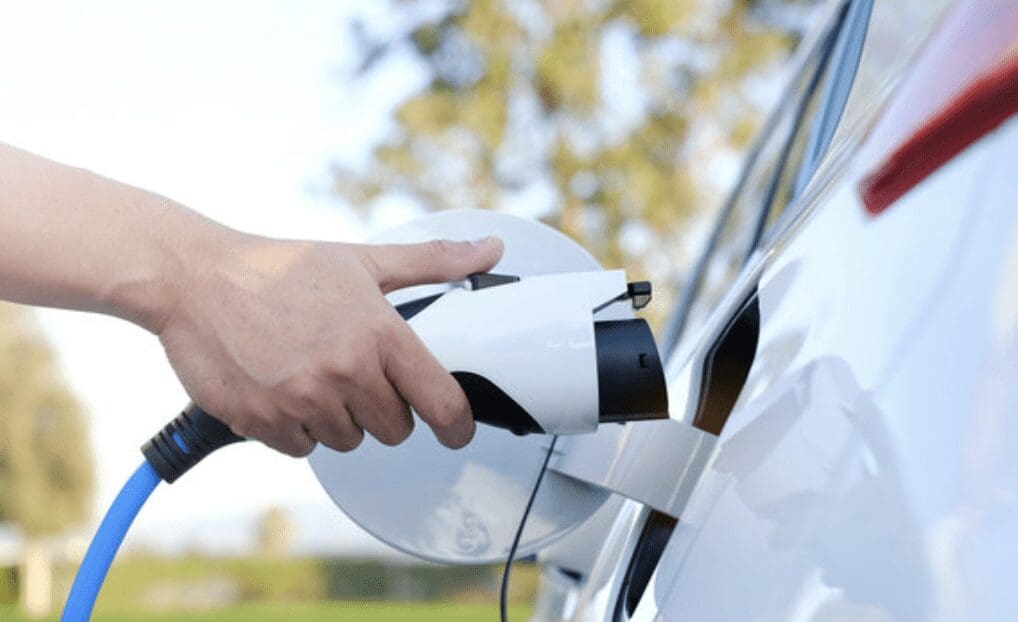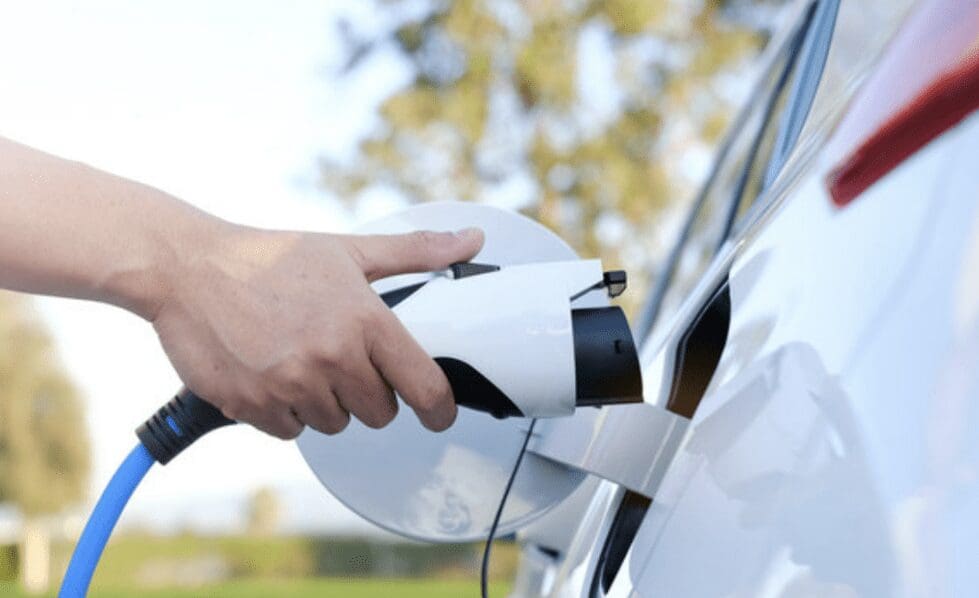
A proposed rebate program could incentives people to purchase EV charging equipment. (Photo by paulynn/Adobe Stock)
After pushback about how Delaware will pay for it, a bill creating a rebate program to help residents buy electric vehicle charging equipment was approved unanimously in a House committee Tuesday.
The lower the buyer’s income, the larger the rebate would be, according to House Bill 13, sponsored by Rep. Sophie Phillips, D-Christiana.
The bill did not have a financial note attached that spelled out how much the program could cost the state, a fact that Rep. Rich Collins, R-Millsboro, and Rep. Jeff Hilovsky, R-Millsboro jumped on.
Fiscal notes indicate the state cost of implementing a specific law over one or more fiscal years.
Andrew Slater, executive director of Energize Delaware, said a state program already has the funds to issue the rebates.
“It’s funded 100%” through Regional Greenhouse Gas Initiative funds, “so we already have the money for this, which is why you don’t see any fiscal note,” Phillips said.
Buyers would have to apply for the rebate, which would be administered by the director of the Sustainable Energy Utility program.
About 80% of charging for electric vehicles happens at home, according to the Department of Energy.
For a low-income applicant – up to 300% of the federal poverty level for household income – financial assistance would cover up to 90% of the purchase and installation costs.
For all other applicants, the program could offer assistance to cover up to 50% of the costs.
The regional initiative is part of Delaware’s involvement in the multi-state carbon dioxide cap-and-trade program developed as a cooperative effort among Connecticut, Delaware, Maine, Maryland, Massachusetts, New Hampshire, New Jersey, New York, Rhode Island, Vermont and Virginia to cap and reduce carbon dioxide emissions from the power sector.
The initiative was created in 2005.
In 2019, $217 million in initiative funds were invested in programs including energy efficiency, clean and renewable energy, greenhouse gas abatement, and direct bill assistance.
These investments are projected to provide participating households and businesses with $1.3 billion in energy bill savings and avoid the emission of 2.5 million short tons of carbon dioxide.
Slater said he expects 100 charging stations to cost about $75,000, or about $7,500 each.
He said there’s also about a $50 million operating budget for the Sustainable Energy Utility this year. After all the planned spending this year, the program is expected to have $12 million left at the end of the year.
He also acknowledged there might be some challenges for those who live in apartments in urban areas with street parking. The chargers need a broad space like a driveway to install the charging equipment.
In Philadelphia, some people in apartments or row-homes have a single-car charging station outside their front door, no wider than a couple feet, essentially on the curb or the very edge of the sidewalk.
But, there are challenges in that since street parking isn’t always available right in front of their apartment.
The bill now heads to the House floor for discussion.

Raised in Doylestown, Pennsylvania, Jarek earned a B.A. in journalism and a B.A. in political science from Temple University in 2021. After running CNN’s Michael Smerconish’s YouTube channel, Jarek became a reporter for the Bucks County Herald before joining Delaware LIVE News.
Jarek can be reached by email at [email protected] or by phone at (215) 450-9982. Follow him on Twitter @jarekrutz
Share this Post




